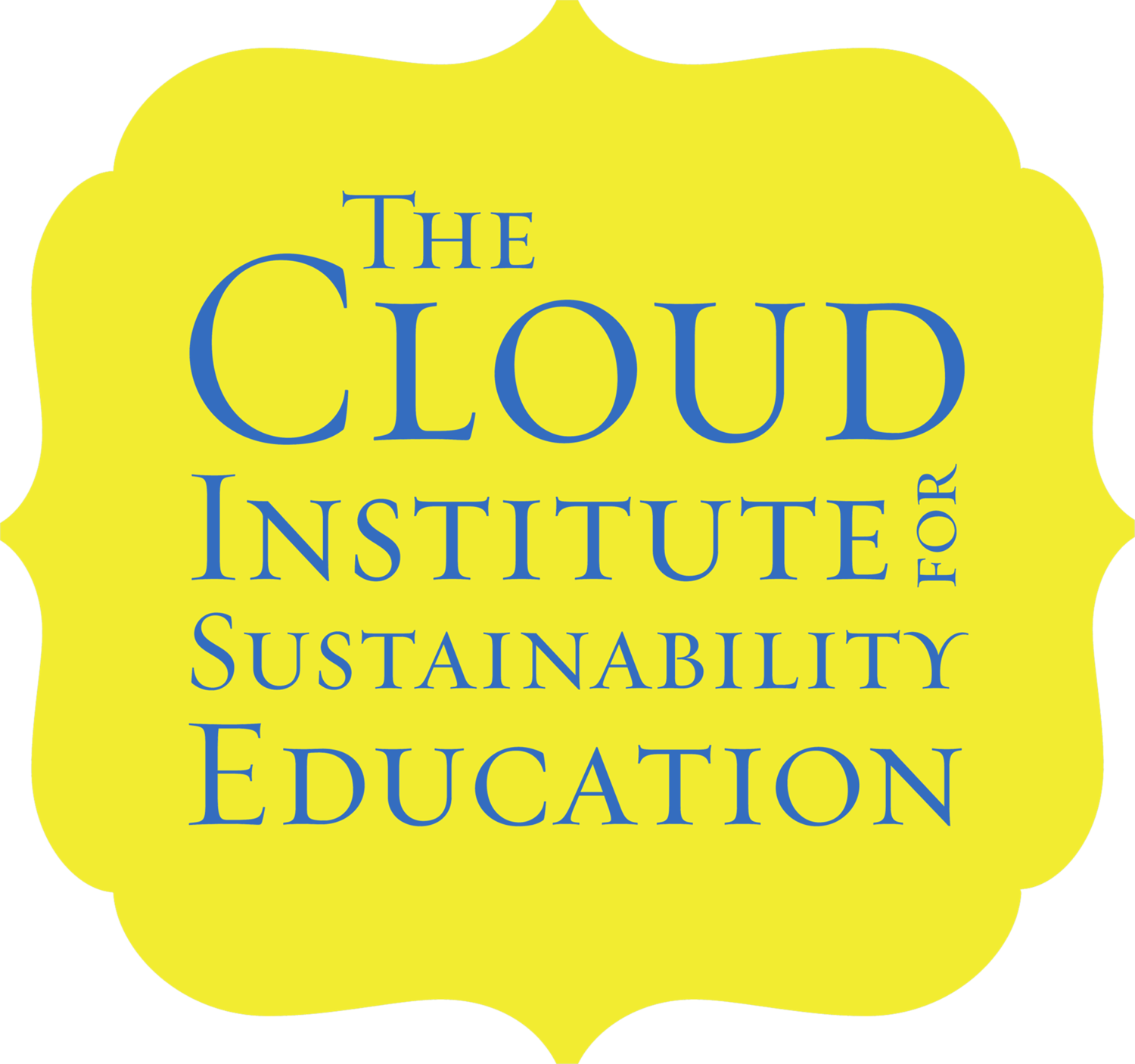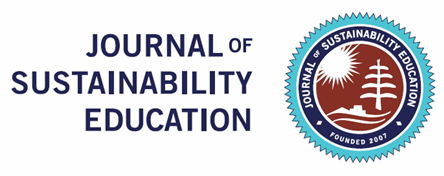Education for Sustainability: A Trendsetter in Assessment
/
 Tiger by Bud BlakeFrom classrooms to coffee shops, it seems that everywhere you turn these days, people are expressing frustration about the role that standardized tests play in our educational system. Parents, teachers, administrators and now even the US government are pushing back on the amount of time our schools spend preparing for and administering this type of assessment. In October 2015, President Obama and the U.S. Department of Education released a new testing action plan, acknowledging that, “In too many schools, there is unnecessary testing and not enough clarity of purpose applied to the task of assessing students, consuming too much instructional time and creating undue stress for educators and students.” This action plan recommends capping the amount of class time devoted to standardized testing at no more than 2 percent and promotes high-quality and innovative assessment practices. In response to public opinion and in anticipation of changes in educational policy, many school districts have already started prioritizing formative and performance-based assessments over standardized testing.
Tiger by Bud BlakeFrom classrooms to coffee shops, it seems that everywhere you turn these days, people are expressing frustration about the role that standardized tests play in our educational system. Parents, teachers, administrators and now even the US government are pushing back on the amount of time our schools spend preparing for and administering this type of assessment. In October 2015, President Obama and the U.S. Department of Education released a new testing action plan, acknowledging that, “In too many schools, there is unnecessary testing and not enough clarity of purpose applied to the task of assessing students, consuming too much instructional time and creating undue stress for educators and students.” This action plan recommends capping the amount of class time devoted to standardized testing at no more than 2 percent and promotes high-quality and innovative assessment practices. In response to public opinion and in anticipation of changes in educational policy, many school districts have already started prioritizing formative and performance-based assessments over standardized testing.
Getting Smarter about Assessment
In the District Administration article, Outlook: Schools push for sensible testing, Jennifer Fink explores this phenomenon, making the case that most people have no objection to some form of assessment, as long as it is aligned to meaningful learning and that it provides useful feedback. Fink quotes Vicki Phillips, Director of Education at the Bill & Melinda Gates Foundation as saying, “The question now is, how do we get smarter about assessment? How do we make standards and assessments more useful, more meaningful to teachers and kids?”
Formative assessments help students and teachers track progress over time, providing ongoing instructional feedback. “I think a trend that will continue to grow is formative assessments that teachers can access on an ongoing basis, which tell them where kids are so they can adjust practice in real time,” describes Phillips. Performance assessments and portfolio reviews can be designed to give students many ways to demonstrate learning by showing us what they can do and what they create.
Educating (and Assessing) for Sustainability
Education for Sustainability (EfS) is a great fit for this trend since it is all about combining big ideas, knowledge and skill development, with being intentional about the difference we make through our actions. The good news is that we have strong data that shows that EfS improves student achievement, even on standardized tests. However, the sheer panic in public schools over test scores and the related employment implications coupled with the enormous amount of time people have devoted to test prep has severely distracted too many public school educators from being able to focus on educating for the future we want. And that’s bad news—if we want education to contribute to our ability to thrive over time. What is education for if not a healthy and sustainable future?
The District Administrator, the Gates Foundation and others would be very happy to know that Educators for Sustainability already have excellent assessment practices to share. Here are just a few exemplars from elementary and middle schools:
Compass Charter School, Brooklyn, NY : First graders build, learn, monitor and teach about terrariums to demonstrate understanding of how living systems meet their needs.
Kapalama Middle School, Honolulu, HI: Seventh Graders write extensive research papers and create biomimetic designs that demonstrate their understanding of the science and the design principles of Biomimicry--designs that solve human problems by mimicking the way nature has already solved them-- i.e., Water purification, eliminating toxic chemicals [in everyday household items], generating renewable, clean, green sources of energy, eliminating waste, constructing self-repairable buildings, clearing invasive species & cleaning up oil spills.
Marin Country Day School, Corte Madera, CA: Fourth Graders participating in a “Council of All Beings” (they each make a mask and then wear it to council meeting-- to “become” the animal they want to represent) to demonstrate their ability to truly empathize with another living being.
An Invitation
We invite those of you who have (or are looking for) high quality and innovative assessments for learning that authentically measure the extent to which you are educating for sustainability, to keep your eyes peeled and respond to our call for exemplars at the end of June. In partnership with The Journal for Sustainability Education, we are inviting educators worldwide to submit exemplars of curriculum units, courses, assessments, rubrics and other forms of explicit performance criteria, as well as student work samples (with aligned performance criteria) that meet the soon to be published EfS Benchmarks for Individual and Social Learning. At the end of the day, Education for Sustainability is all about performance, because thinking drives behavior and behaviors causes results. EfS is not an intellectual exercise but rather, to human and other life in perpetuity--a means to a non-end. The stakes are high and we need to know we are getting the results we need in order to turn “Spaceship Earth” around and head it toward the future we want.
- Jaimie Cloud, Founder, The Cloud Institute for Sustainability Education

